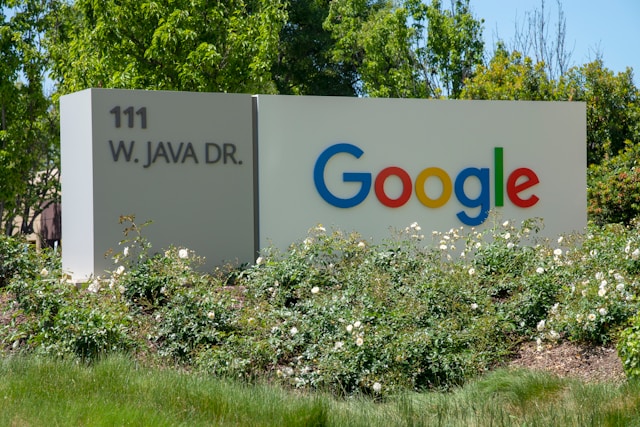A Landmark Ruling Shakes Up Tech Industry
In a groundbreaking decision, a US judge ruled that Google illegally maintained its monopoly on internet search. This landmark ruling could have far-reaching implications for both everyday users and advertisers.
What Does Monopoly Mean?
So, what is a monopoly? A monopoly exists when a single company dominates a market, limiting competition and consumer choice. In this case, Google has been found to have abused its dominant position in the search engine market. The company has allegedly used anti-competitive tactics to stifle rivals and maintain its stranglehold on the industry.
Impact on Users
This ruling could potentially lead to increased competition and innovation in the search engine market for the average internet user. With more players vying for user attention, there's a chance we could see:
- Improved search results: Competition often drives companies to enhance their products and services. This could translate to more relevant and accurate search results.
- Lower advertising costs: Increased competition could potentially lead to lower advertising costs for businesses, which could ultimately benefit consumers through lower prices on goods and services.
- New features and services: As new search engines emerge, we might see the introduction of innovative features and services that cater to specific user needs.
Impact on Advertisers
The advertising industry is closely watching this case. Google's dominance has given it immense power over ad pricing and distribution. If the ruling is upheld, it could:
- Level the playing field: A less dominant Google could allow other advertising platforms to compete more effectively.
- Increase advertising options: Advertisers may have more choices for where to place their ads, potentially leading to better targeting and performance.
While the long-term impact on ad costs is uncertain, increased competition could potentially lead to more competitive pricing.
Google Denies Wrongdoing, Vows to Appeal
The ruling is just the first step in a lengthy legal process. Google has already announced its intention to appeal the decision. Kent Walker, Google's president of global affairs, issued a statement expressing the company's disagreement with the judge's decision. He emphasized that Google offers the best search engine and argued that the ruling prevents them from making it easily accessible to users. Essentially, Google maintains its stance that it operates in a highly competitive market and that its dominance results from superior products and services.
Antitrust Regulators Declare Victory
However, this ruling marks a significant victory for antitrust regulators and could set a precedent for future cases against tech giants. “This is a historic win for the American people,” said Attorney General Merrick Garland. “No company, no matter how large or influential, is above the law.”
The potential implications of this case could be far-reaching and reshape the internet as we know it. The case could continue for years, and the ultimate outcome remains uncertain, making it a case worth following.
Got An Idea? Lets Make It
Happen Today
Just Wanna Chat ? Just let Us Know When








